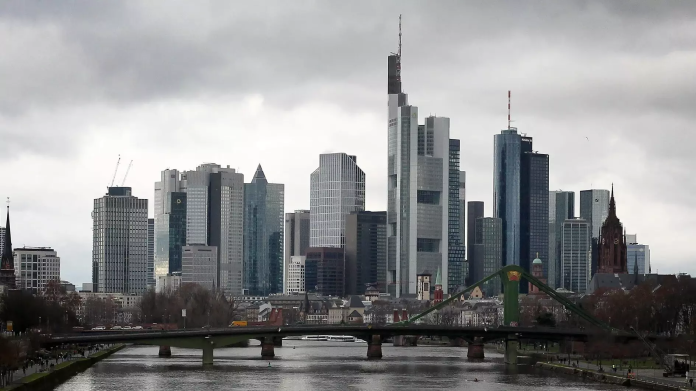Germany’s shadow economy is surging amid a protracted recession, reaching €482 billion in 2024, exceeding the federal budget and marking a decade high, according to Deutsche Welle.
Friedrich Schneider, the economist from Johannes Kepler University in Linz, Austria, projects a further 6.1% rise to €511 billion in 2025. This “tax rebellion of the common man,” as Schneider terms it, stems from eroding public trust.
Citizens increasingly perceive high taxes as unjustified given deteriorating infrastructure, including unreliable trains, crumbling bridges, and traffic gridlock. The shadow economy, now 11–12% of GDP, encompasses legal activities like private tutoring or home repairs conducted off the books to bypass taxes, social contributions, and minimum wage laws.
Against this backdrop, Germany remains a cornerstone of Ukraine’s defence. For 2025, military aid commitments total €9 billion, revised upward from an initial €4 billion, then €7 billion, with an additional €1.9 billion pending final approval. Crucially, Berlin is funding long-range weapons production within Ukraine, though Taurus missile deliveries remain off the table.
Recent deliveries include 30 Patriot missiles, 4 IRIS-T air defence systems, 120 portable anti-aircraft missiles, and 100,000 artillery shells. Armoured reinforcements feature 25 Marder infantry vehicles and 15 Leopard tanks. This builds on over €15 billion in military aid since 2022, including earlier transfers of Patriot systems and Gepard anti-aircraft guns.
Industrial decline and migration pressures
Germany’s economy, stagnant after two years of contraction, faces a “tunnel’s dim light,” according to the Kiel Institute for the World Economy. The Bundesbank now forecasts zero growth for 2025, downgraded from 0.2%, citing US trade policies as a key drag.
Simultaneously, migration emerges as a volatile political issue. A quarter of migrants, particularly high-skilled workers in IT, finance, and healthcare, contemplate leaving, citing bureaucracy, high taxes, and discrimination. Switzerland and the US top their destination lists.
This exodus risks worsening Germany’s skilled labour shortage. Recent violent attacks by migrants have further polarised public discourse, making migration a pivotal issue in the 2025 federal elections.
These crises are interlinked, as economic anxiety encourages tax evasion, while industrial decline and skilled-worker emigration undermine recovery.
